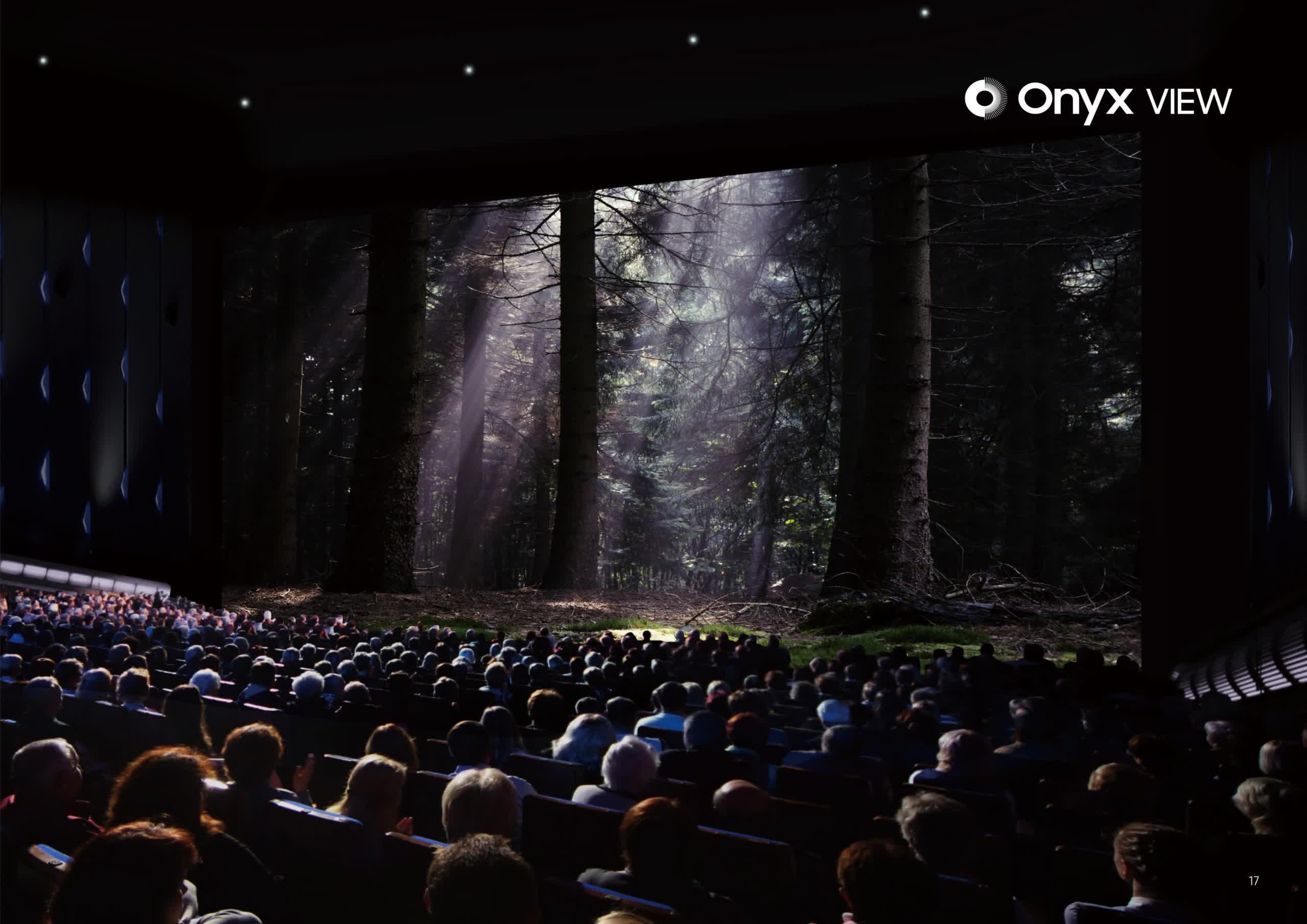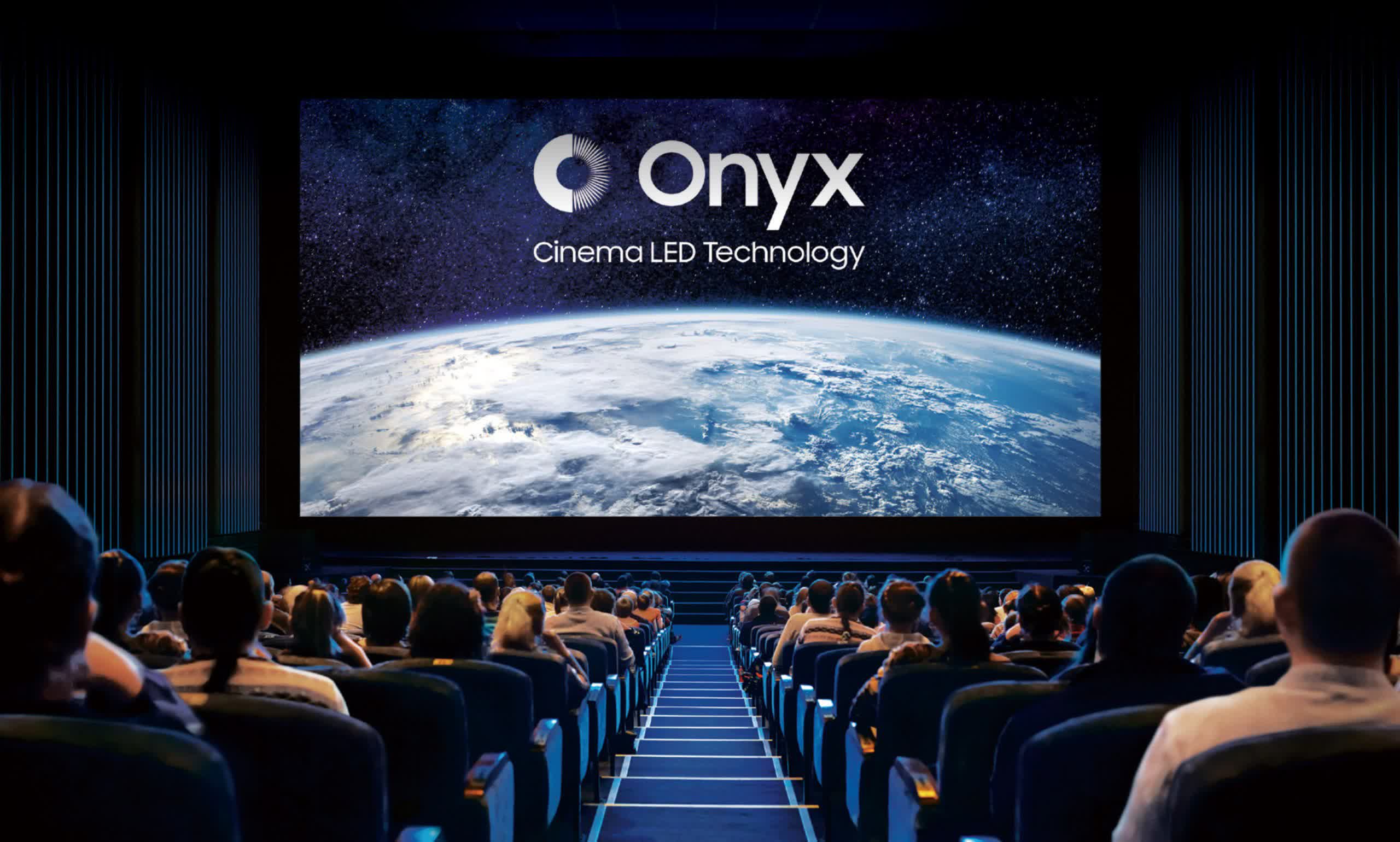Why it matters: When people think of movie theaters, one ever-present component is the booth above the seats projecting the film onto a screen. Reports indicate Samsung and LG are campaigning behind the scenes to replace projectors in many theaters with LED screens. The change could improve the moviegoing experience, though at a higher costs.
Hollywood Reporter learned from industry insiders that Samsung, LG, and other tech companies are pushing movie theater chains to adopt LED screens. This fundamental transformation could offer brighter screens and a different content delivery process, but the screens would be expensive and power-hungry.
Details are scant, but Hollywood executives have recently seen a demonstration of technology like the Onyx Cinema LED screen Samsung debuted a few years ago. Currently, the company's technology has made it into relatively few theaters worldwide, but it and similar screens from competing manufacturers like LG could spread if Hollywood is receptive.
The proposed screens would replace projectors with technology fundamentally similar to OLED TVs consumers can get in their living rooms, just a lot bigger. They would be much brighter than traditional projectors and offer HDR support, which projectors can't truly achieve.

Depending on how difficult they are to maintain and calibrate, they could also address problems that arise from poor projector operation at many theaters. Flaws in projector bulbs, lowered brightness to delay bulb replacements, and other issues often degrade picture quality in many theaters. Removing the projector from the equation could fix these issues if others don't take their place.
The biggest obstacle facing LED screens is their high cost compared to projectors. Furthermore, theaters can't place speakers behind LED screens like projection screens, forcing them to rethink audio setups. The screens are also cumbersome and require new rigging to mount. Additionally, the rigging could vibrate with the loud volume in the theater.
Power consumption and heat are additional concerns. Aside from the cost of installing LED screens, operating them would also be more expensive than running projectors and require additional cooling.
The Digital Cinema Initiative has spent years developing direct-view cinema technical specifications encompassing LED screens. The group released the latest version of its specs for digital cinema auditoriums last year but is still working on a unified digital delivery system to facilitate distribution to direct-view screens.
